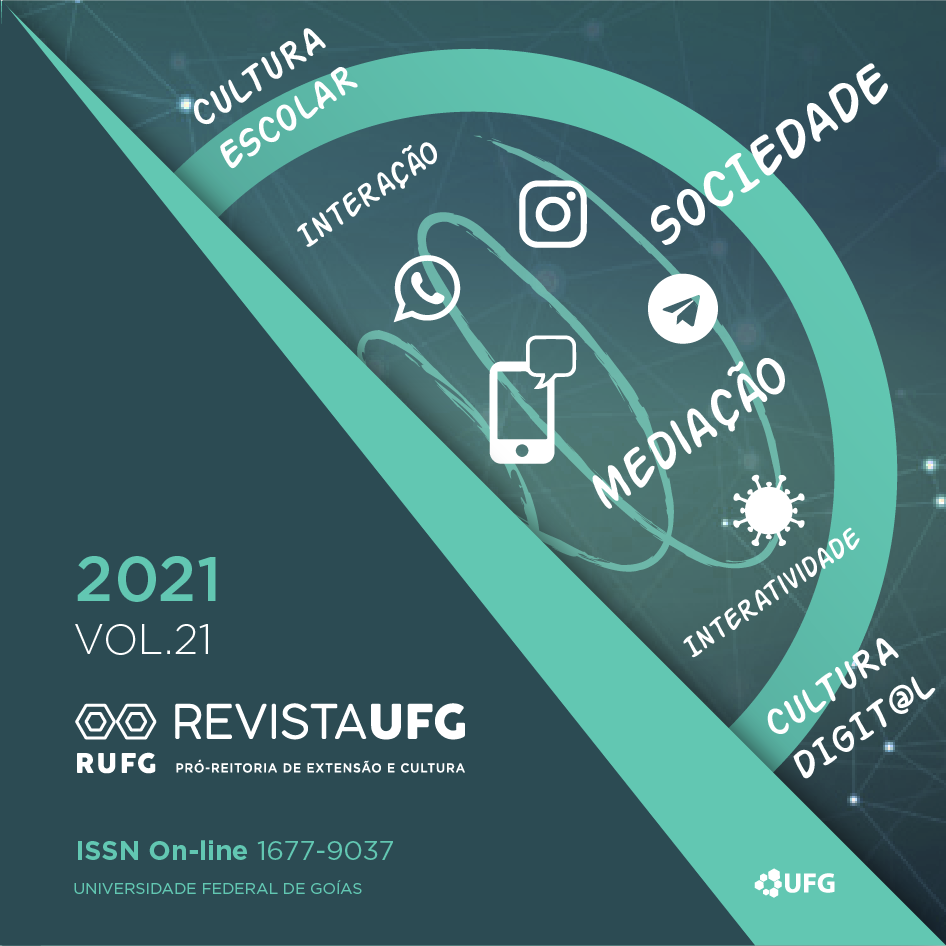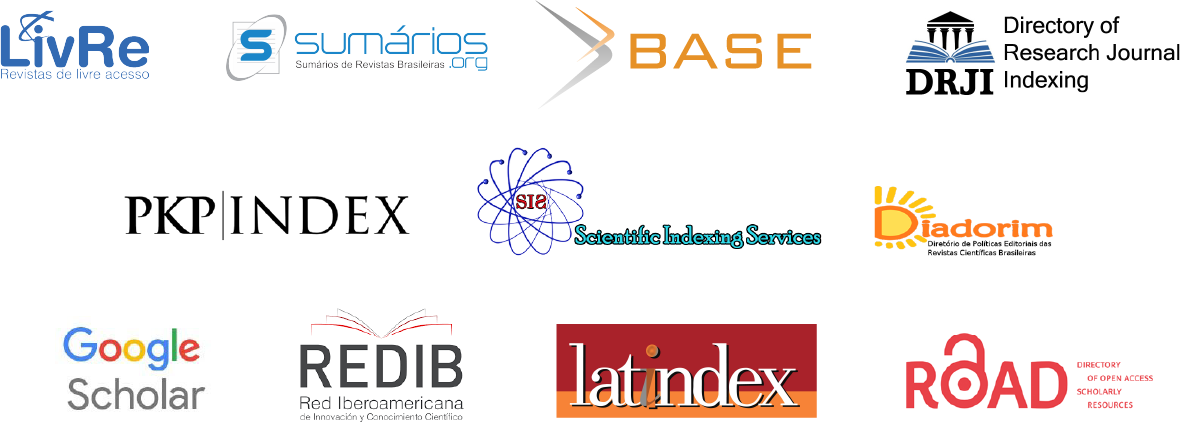Digital education - hybrid and onlife
DOI:
https://doi.org/10.5216/revufg.v21.70045Abstract
The second decade of this millennium has daily challenged personal, economic, political, cultural, social and educational relationships. Innovations are increasingly present in people's lives through various resources, in virtual environments, on social networks, with the action of algorithms and nanotechnologies. This universe has offered a fertile space for studies related to opportunities for transforming environments related to the act of education. This reflection goes deeper into issues related to digital and hybrid education and is structured from the importance of the onlife concept and the communication paradigm, supporting the teaching-learning process. It discusses the guiding elements related to the construction of an education that involves changes in didactic-pedagogical-technological strategies. The literature review brings a dialogue between contemporary authors such as: BATES (2016), CHRISTENSEN (2013), COSME (2009, 2017), FLORIDI (2015), HORN (2015), MOREIRA (2017, 2020), TRINDADE (2016, 2017 ), among others, which provoke these researchers to study and it is understood that the need for more effective transformations in education is able to offer relevance to the role of technologies in the teaching-learning process, based on the premise of greater interaction and effective communication as a resource for building broad and sustainable knowledge. It is also noticed that for the application of hybrid education proposals, a process of acculturation of students and educators is essential, enabling the change in the profile of these agents, developing autonomy, self-study, planning, proactivity, commitment and protagonism.
Downloads
Downloads
Published
How to Cite
Issue
Section
License
Revista UFG uses the Creative Commons CC-BY (4.0) - Attribution 4.0 International license for open access journals (Open Archives Initiative - OAI) as a basis for transferring rights.
Authors who publish in this journal agree to the following terms:
1) Authors may distribute, remix, adapt and build upon their work, even for commercial purposes, as long as they give UFG proper credit for the original creation. Authors may copy and redistribute the material in any medium or format.
2) Authors are allowed and encouraged to publish and distribute their work online (e.g., in institutional repositories or on their personal page) at any point before or during the editorial process, provided that reference is made to the place of publication origin, that is, the electronic address/reference of Revista UFG.
3) The authors of works published in Revista UFG are expressly responsible for their content.
4) All works submitted to Revista UFG that have images, photographs, figures in their body must be accompanied by a term of assignment of copyright of the author, of the participating member of the image and, in the case of children, of the relatives of the exposed children , with their data and signature.
Access the IMAGE USE AUTHORIZATION TERM document here.










